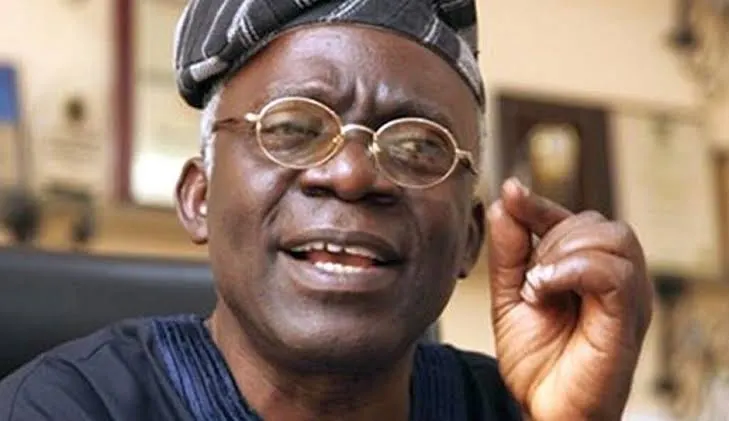Prominent human rights lawyer, Femi Falana (SAN), has criticised the recent increase in school fees by both the Federal Government and the Lagos State Government, calling the move illegal. Falana argued that the fee hikes violate the provisions of the Child’s Rights Law, which guarantees free and compulsory education for children up to junior secondary school.
In July 2023, the Federal Government raised fees for Unity Schools from N45,000 to N100,000 per term, representing an increase of over 120%. Similarly, the Lagos State Government recently announced a new fee of N100,000 per term for boarding schools, up from the previous N35,000.
Falana expressed concern that the fee hikes would place an unbearable financial burden on Nigerian workers, whose minimum wage stands at N70,000. He pointed out that with the new fee structure, a worker earning minimum wage would struggle to afford education for even one child, either in Unity Schools or Lagos State secondary schools.
“The federal government has increased the fees payable in all Unity Schools from N45,000 to N100,000 per term, meaning parents now have to pay N300,000 per student annually,” Falana said. “Similarly, the Lagos State Government has set the fees for secondary schools at N100,000 per term or N300,000 per year.”
He added, “With a minimum wage of N70,000, a worker’s monthly salary amounts to N28,000 per term, making it impossible to sponsor even one child in these schools.”
Falana vowed to challenge the decision in court, asserting that the imposition of such high fees on students in junior secondary schools contravenes the Child’s Rights Act and the Lagos State Child’s Rights Law.
“Under the Child’s Rights Act and Lagos State Child’s Rights Law, every child is entitled to free and compulsory education from primary to junior secondary school,” he stated. “The imposition of N100,000 fees on junior secondary school students in Unity Schools and Lagos State secondary schools is illegal. We will challenge this in the appropriate High Court.”
The senior lawyer’s stance reflects growing concerns over the affordability of education in Nigeria, particularly for families already grappling with economic hardships.



